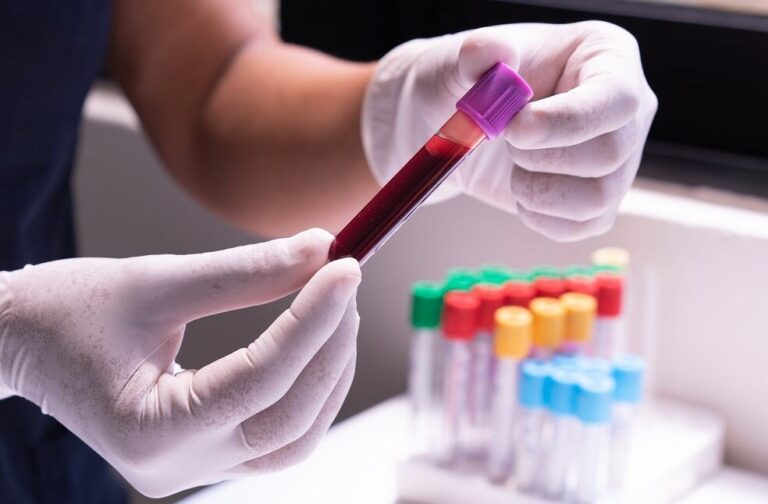London, UK: Researchers at the University of Cambridge in the UK have developed a simple blood test that could diagnose around 30 percent of patients with bipolar disorder. Its effectiveness increases when used in conjunction with a digital mental health assessment.
By including biomarker testing, doctors can better distinguish between major depressive disorder and bipolar disorder. These conditions share similar symptoms but necessitate distinct medication approaches.
While the blood test is still in its early stages, a study in the JAMA Psychiatry journal revealed that it could be a valuable addition to current psychiatric diagnosis methods. Additionally, it has the potential to help researchers comprehend the biological underpinnings of mental health conditions.

The researchers made use of samples and information from the Delta study, which took place in the UK from 2018 to 2020. Their goal was to identify cases of bipolar disorder among patients who had been diagnosed with major depressive disorder in the last five years and were currently experiencing depressive symptoms.
Over 3,000 participants were recruited, and each of them filled out an extensive online mental health assessment comprising over 600 questions.
The assessment included various topics relevant to mental health disorders, such as past or present depressive episodes, generalised anxiety, manic symptoms, and a family history of substance abuse.
Out of the participants who finished the online assessment, approximately 1,000 were chosen to provide a dried blood sample through a simple finger prick. The researchers then used mass spectrometry to analyse more than 600 different metabolites in these blood samples.

After conducting the Composite International Diagnostic Interview, a well-established diagnostic tool for mood disorders, the study included 241 participants.
The data analysis revealed a significant biomarker signal for bipolar disorder, even after considering factors like medication, according to the researchers.
The biomarkers were mainly linked to lifetime manic symptoms and were confirmed in a separate group of patients who received a new clinical diagnosis of major depressive disorder or bipolar disorder during the study’s one-year follow-up period.
The researchers discovered that combining patient-reported data with the biomarker test notably enhanced diagnostic accuracy for individuals with bipolar disorder, particularly in cases where the diagnosis was not straightforward.



